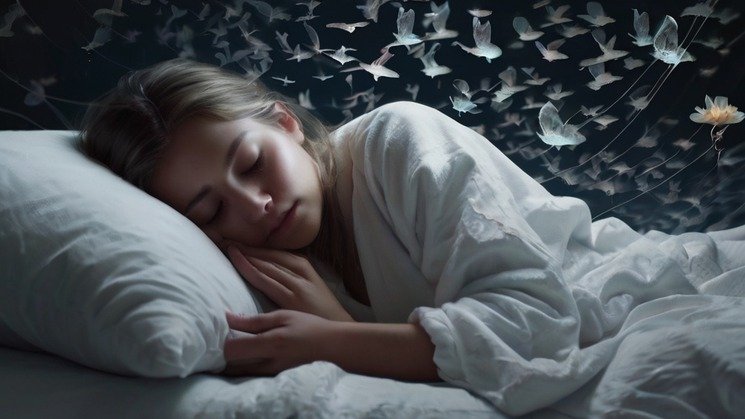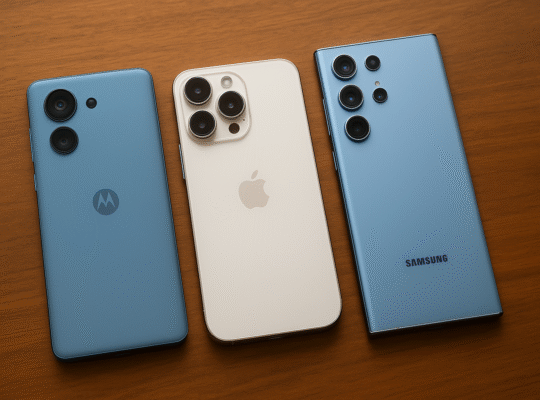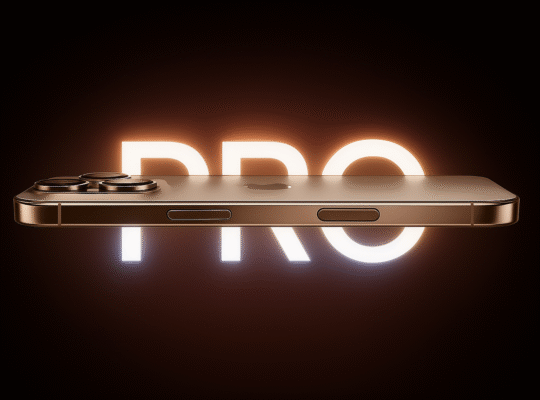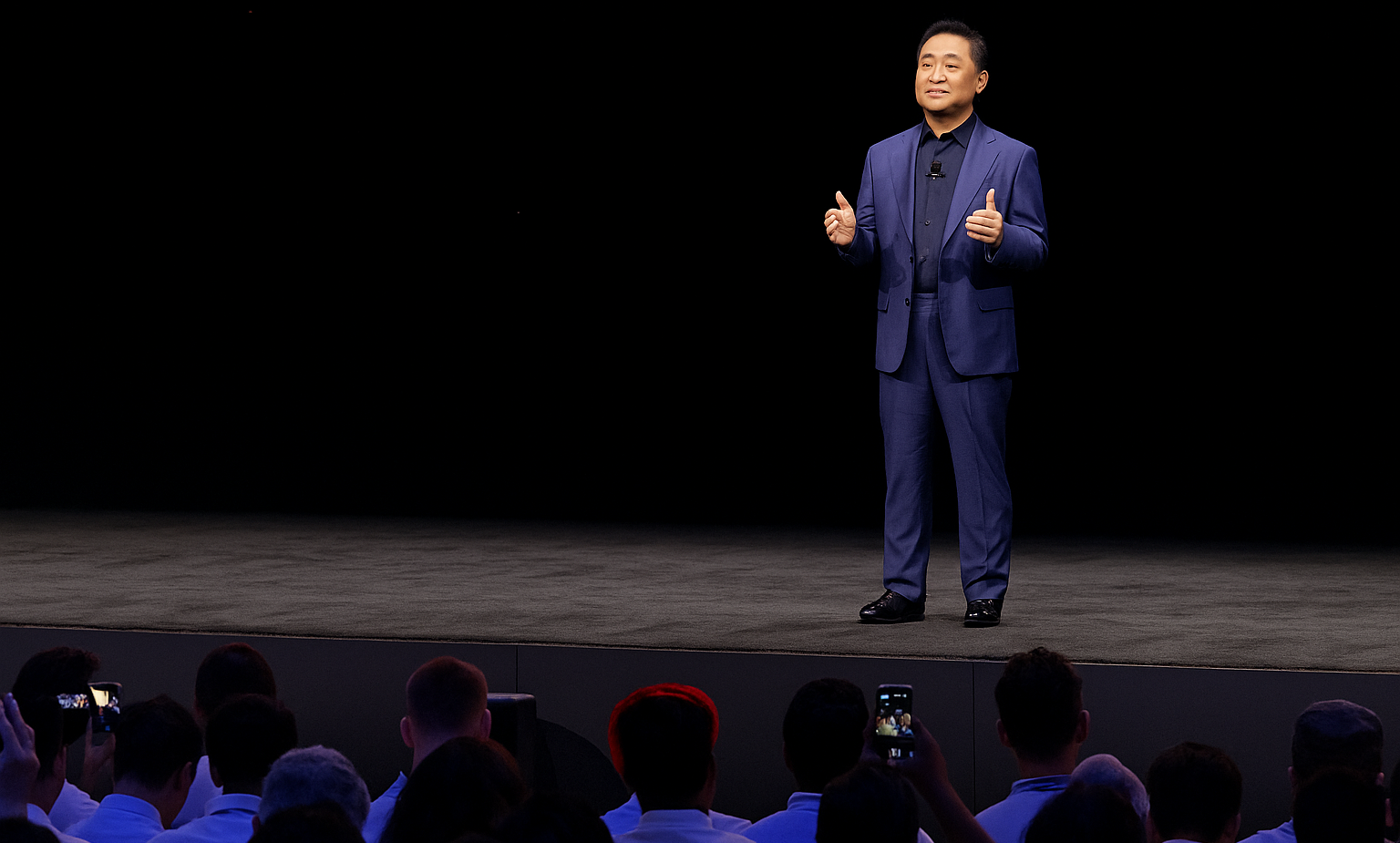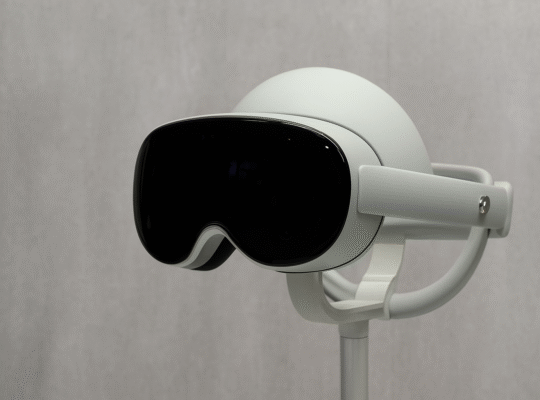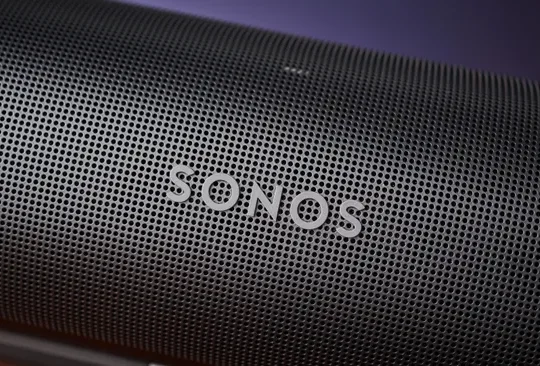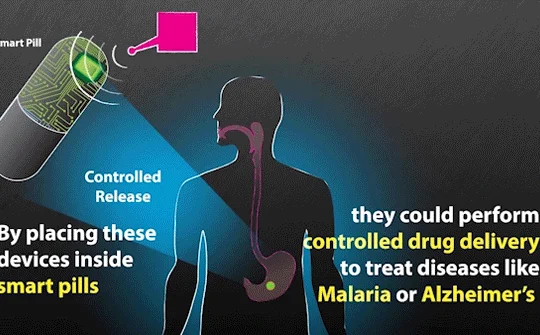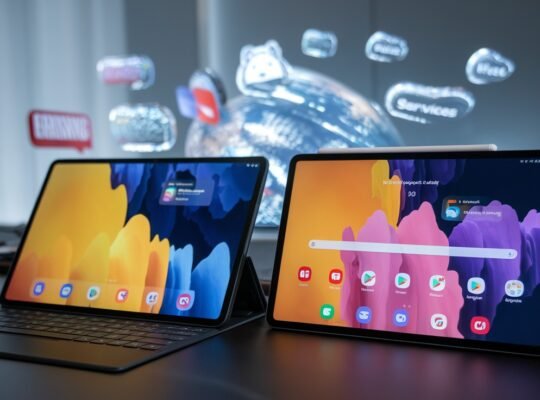Introduction: The impact of mobile phones on sleep quality. Blue light exposure disrupts melatonin production and sleep cycles
mobile-phone-impact-on-sleep
Mobile phones have become an integral part of our lives, but how do they affect our sleep quality? This article explores the potential risks and benefits of using mobile phones to improve our sleep health.
The pervasive presence of mobile phones in our daily lives has brought about significant changes in how we interact with technology, but it has also raised concerns regarding its impact on our sleep quality. In this article, we delve into the intricate relationship between mobile phone usage and sleep, exploring how factors such as blue light exposure and constant notifications can disrupt our natural sleep cycles. By understanding the effects of mobile phones on our sleep patterns, we can take steps to mitigate these disruptions and improve our overall sleep quality in the digital age.
In today’s world of constant connectivity, our beloved mobile phones may be wreaking havoc on our sleep quality. Let’s dive into how these gadgets affect our precious Zzz’s.
Blue Light Exposure Disrupts Melatonin Production and Sleep Cycles
Ever wondered why scrolling through your phone late at night leaves you wide awake? It’s all thanks to blue light, the sneaky culprit disrupting our melatonin production and sleep cycles.
Effects of Blue Light on Melatonin Production
Blue light from our devices can trick our brains into thinking it’s still daytime, suppressing the production of melatonin, the sleep hormone. No wonder we struggle to drift off after a Netflix binge.
Disruption of Circadian Rhythms and Sleep Patterns
Our circadian rhythms, which regulate our sleep-wake cycle, can go haywire when bombarded with blue light at night. This disruption can lead to trouble falling asleep and restless nights.
Notifications and Sleep Disruption
Ah, the ping of a notification – music to our ears during the day, but a nightmare for our sleep at night. Let’s uncover how these alerts sneakily sabotage our quest for a good night’s rest.
The Role of Notifications in Sleep Interruptions
Whether it’s a message from a friend or a reminder for tomorrow’s meeting, notifications have a knack for pulling us out of our peaceful slumber. Is that Instagram like really worth sacrificing your sleep over?
Impact of Constant Connectivity on Sleep Quality
Our phones keep us tethered to the digital world 24/7, making it harder to disconnect and unwind before bedtime. This constant connectivity can lead to fragmented sleep and groggy mornings.
The Link Between Mobile Phone Usage and Poor Sleep Quality
It’s crystal clear – our mobile phones are not the sleep champions we thought they were. Understanding how blue light and notifications interfere with our sleep is the first step towards reclaiming our nights of restful sleep.**Strategies for Improving Sleep in the Age of Mobile Phones**
In today’s digital age, our mobile phones have become an indispensable part of our lives. However, the convenience they offer comes at a cost, particularly when it comes to our sleep quality. The blue light emitted by phones can disrupt our melatonin production and sleep cycles, making it harder to fall asleep at night. Additionally, the constant notifications and alerts can keep us awake and glued to our screens when we should be winding down for bed.
**Setting Boundaries for Phone Use Before Bed**
One of the first steps towards improving your sleep in the age of mobile phones is setting boundaries for phone use before bed. Try to establish a technology curfew at least an hour before you plan to go to sleep. This will give your brain time to unwind and signal to your body that it’s time to start winding down for the night.
**Utilizing Night Mode and Blue Light Filters**
Many smartphones now come equipped with a “night mode” or blue light filter feature that can help reduce the amount of blue light emitted by your phone screen. By enabling these features in the evening, you can help minimize the impact of blue light on your melatonin production and improve your chances of getting a good night’s sleep.
**Establishing a Relaxing Bedtime Routine Away from Screens**
Instead of scrolling through social media or watching videos on your phone right before bed, try establishing a relaxing bedtime routine that doesn’t involve screens. This could include reading a book, taking a warm bath, or practicing some light stretching or meditation. By creating a calming pre-sleep ritual, you can signal to your body that it’s time to wind down and prepare for restful sleep.
By implementing these strategies and making a conscious effort to prioritize your sleep, you can mitigate the negative impact that mobile phones can have on your sleep quality. Remember, a good night’s sleep is essential for your overall health and well-being, so don’t let your phone get in the way of getting the rest you deserve!In conclusion, being mindful of our mobile phone usage habits and implementing strategies to minimize its negative impact on our sleep can lead to improved rest and overall well-being. By prioritizing healthy sleep habits and setting boundaries with technology, we can foster a more restful and rejuvenating sleep environment in today’s interconnected world.
Frequently Asked Questions
Can using my mobile phone before bed really affect my sleep?
How does blue light from mobile phones disrupt melatonin production?
What are some practical tips for reducing the impact of mobile phones on my sleep quality?


